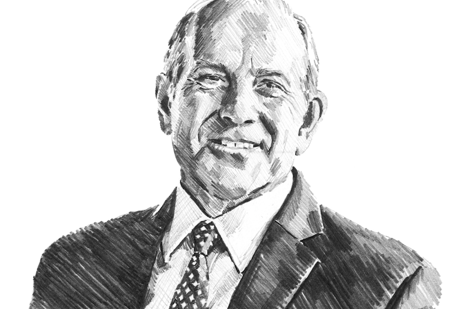
Rafael Schvartzman, IATA’s Regional Vice President for Europe, says airlines need the correct support to achieve net zero in the region.
As the European summer season gathers for take-off, we are looking forward to some clear skies after years of storm clouds.
Unfortunately, some delays will be inevitable because of the mess that is European air traffic control. The Ukraine war has loaded even more traffic into some sectors and this creates a congestion challenge which our Eastern and Southern ANSP partners are working hard to overcome. Less acceptable is continued strike action by French controllers and rostering problems in Germany.
Many of the issues with airspace could be resolved if the Single European Sky (SES) were in place. The SES would also lead to a 10% cut in emissions. But the political failure to drive through the emissions savings of SES is sadly typical of the grandstanding we have seen on aviation emissions in recent years.
Another example of this is the “Fit for 55” legislation—which is a package of measures designed to bring CO2 emissions across the entire European economy down 55% by 2035. It has three main components that affect aviation. The first is the EU Emissions Trading Scheme. The European institutions have grudgingly allowed this to continue to impact aviation on an intra-EU basis only, however the ICAO Carbon Offsetting and Reduction Scheme for International Aviation (CORSIA) will need to jump through various hoops by 2025 in order for this to continue. In a recent blog post I described this as “holding CORSIA hostage.” It is clearly unacceptable to continually make unilateral demands to change an international agreement, one which was only recently made more ambitious at the behest of the EU and other states.
The second element is ‘Refuel EU’. This is looking to push forward the uptake of sustainable aviation fuels (SAF). We welcome the focus on SAF as the key technology for reducing emissions in the short-medium term. But the EU has not done nearly as much as the US to put in place practical support for SAF production. A mandate on use is a very inefficient mechanism for driving greater supply. The US approach, of a direct tax credit to SAF refiners, is more effective.
Finally, the European Tax Directive (ETD). It is proposing a tax on jet fuel, which will function purely as a cash-grab on travel that will affect peripheral countries and islands of the EU the most. It goes directly against the principles of freedom of movement that are key to the European project.
We hope that ETD will be rejected, not because we don’t want to see environmental action, but because poorly thought-through measures simply drain industry resources from where they can be most effective. Implementing the SES would cost virtually nothing. Putting in place a proper incentive scheme for SAF production would enable airlines to buy more of it. Protecting and promoting CORSIA will increase its international take-up and deliver emissions savings all over the world. These are the areas that European politicians and regulators should be focusing on in order to accelerate the development of a successful and sustainable air transport industry.